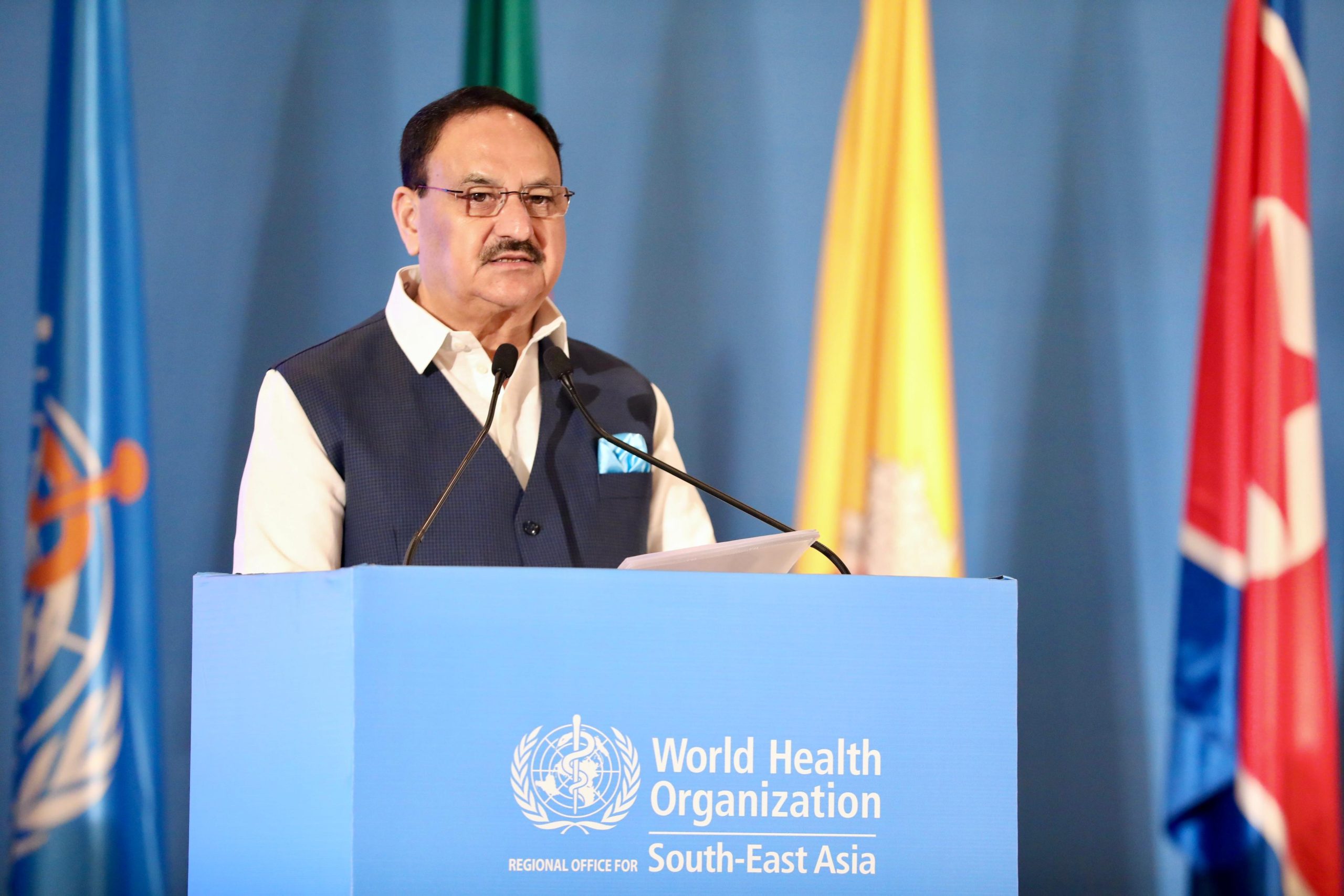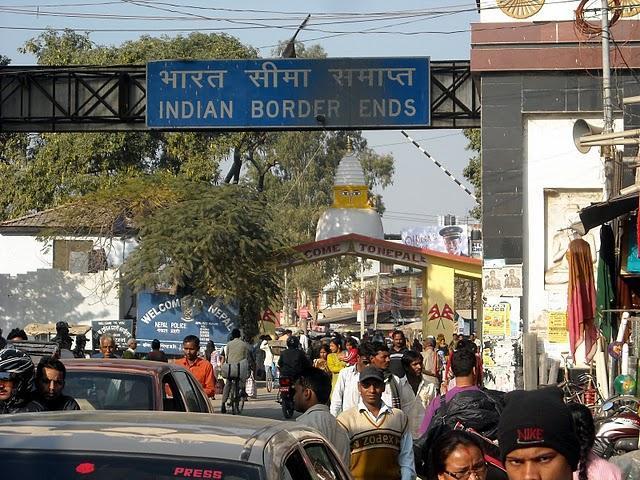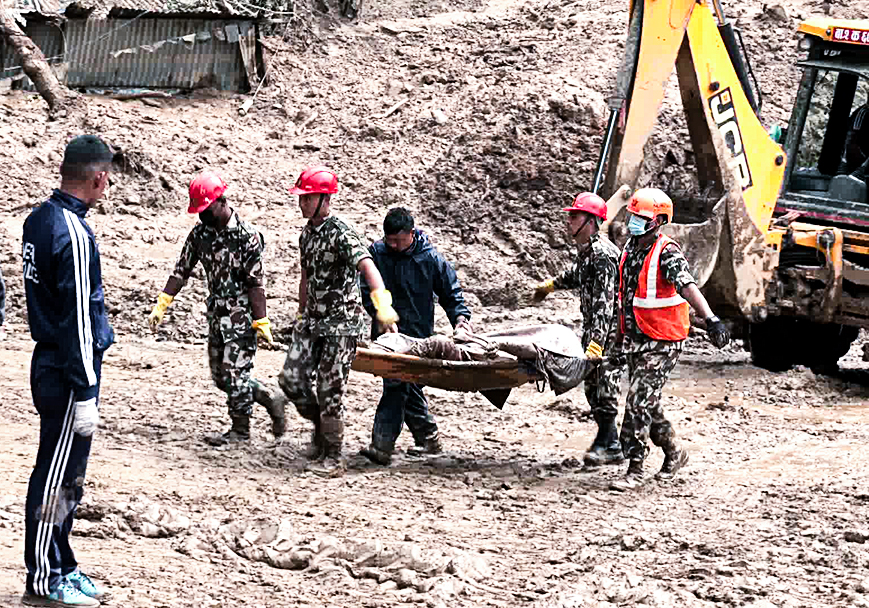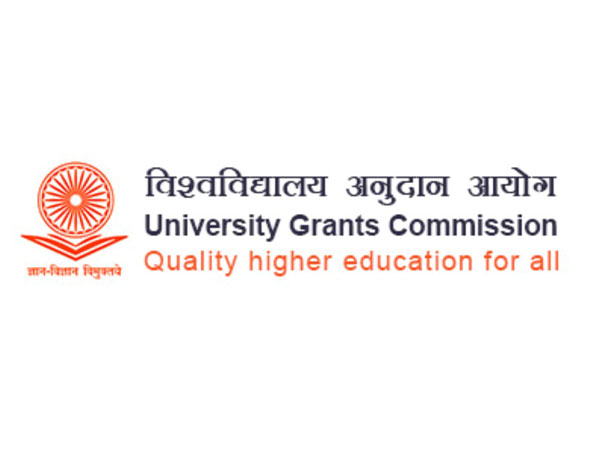Union Health Minister JP Nadda was elected as the Chairperson of the 77th session of the World Health Organization (WHO)’s Regional Committee for Southeast Asia on Monday. The committee, the annual governing body of WHO in the region, plays a crucial role in shaping the organization’s health policy across Southeast Asia.
The three-day session, which began in New Delhi on Monday, is being attended by health ministers and delegates from member countries, including Bangladesh, Bhutan, the Democratic People’s Republic of Korea, India, Indonesia, the Maldives, Myanmar, Nepal, Sri Lanka, Thailand, and Timor-Leste.
The session will focus on enhancing accessible public health systems and addressing pressing epidemiological and demographic challenges.
Razia Pendse, Chef de Cabinet of WHO, highlighted critical challenges facing the region, such as the rising burden of non-communicable diseases (NCDs) and mental health issues, reducing neonatal and under-5 mortality, combating the growing threat of antimicrobial resistance, and tackling the persistent burden of tuberculosis.
In his address, Nadda underscored India’s commitment to Universal Health Coverage (UHC), with focus on strengthening primary healthcare and essential services. He highlighted the Ayushman Bharat Pradhan Mantri – Jan Arogya Yojana (AB PM-JAY), which he described as the world’s largest publicly funded health assurance scheme.
“This initiative covers over 120 million families, providing an annual hospitalization benefit of USD 6,000 per family,” Nadda said. He added that the scheme had recently been expanded to cover all citizens aged 70 and above.
“This expansion will benefit around 45 million families, including 60 million elderly citizens, by providing them free health insurance coverage. It underscores the government’s commitment to ensuring universal and inclusive healthcare for India’s growing elderly demographic,” he said.
Nadda also addressed India’s efforts in tackling non-communicable diseases, pointing out that since 2010, India has implemented the National Programme for Prevention and Control of NCDs, which has established 753 NCD clinics, 356 Day Care Centers, and 6,238 Community Health Centers focused on early preventive care.
As a leader in digital health, Nadda emphasized India’s efforts to share its Digital Public Infrastructure (DPI) globally, including platforms like the Ayushman Bharat Digital Mission, e-Sanjeevani, Integrated Health Information Platform (IHIP), and SAKSHAM, all of which were highlighted during India’s G20 Presidency under the Global Initiative on Digital Health.
Following the success of the CoWIN platform during the COVID-19 pandemic, India has launched the UWIN platform, which aims to track and monitor vaccination events under the Universal Immunization Programme.
Nadda also emphasized India’s support for traditional and complementary medicine in the region. He expressed India’s commitment to promoting these systems globally, especially through the establishment of the Global Traditional Medicine Centre. He highlighted India’s integration of traditional medicine with conventional healthcare through initiatives like Ayushman Aarogya Mandirs, which provide comprehensive care for citizens’ well-being.



















